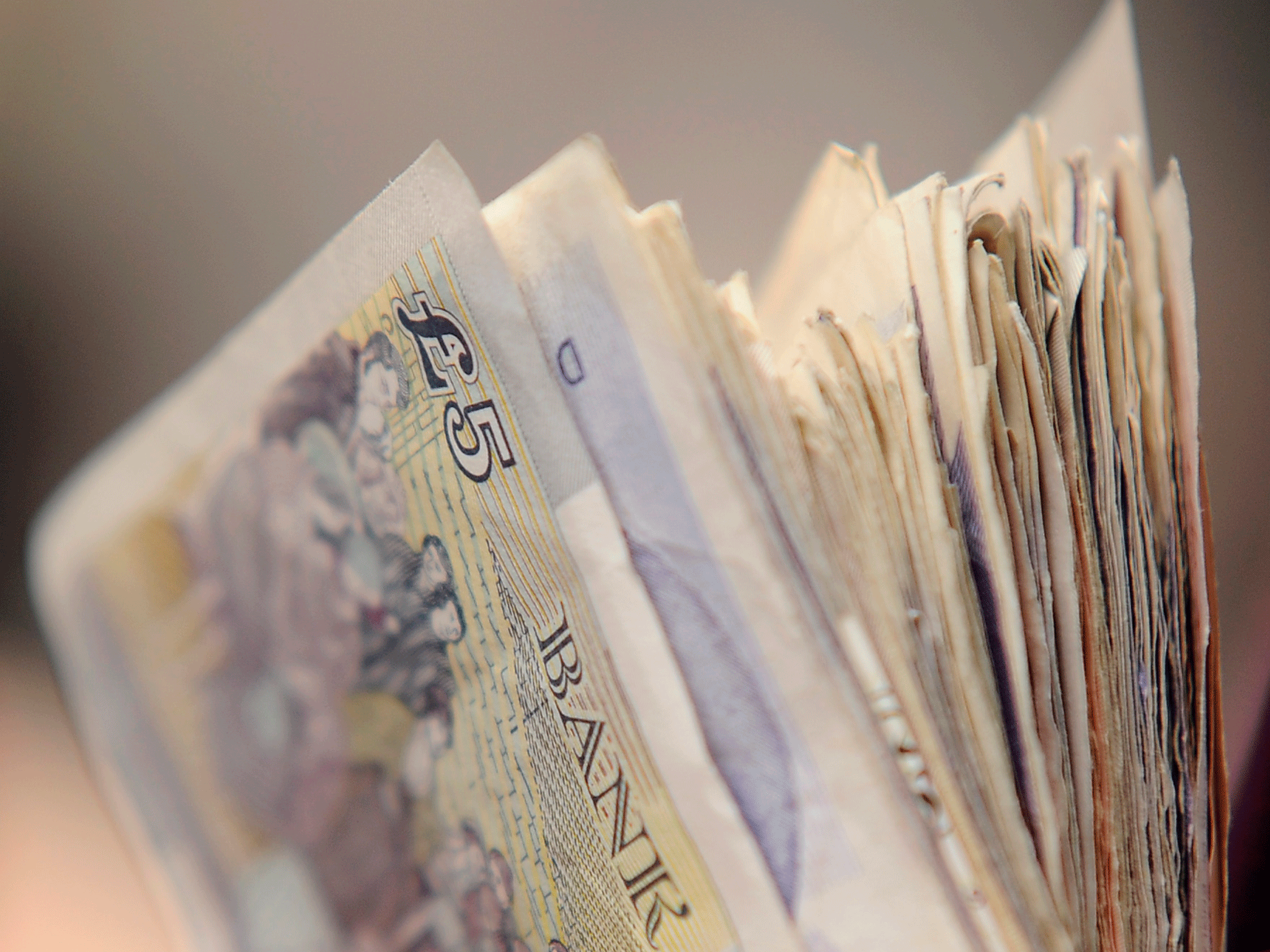Hawkish comments from the Bank of England’s Governor sent sterling up sharply as traders adjusted their bets on the moment when the British interest rate cycle turns.
Mark Carney, giving testimony to the Commons’ Treasury Select Committee for the first time since the general election, said the point at which rates would have to rise from their six-year floor of 0.5 per cent was “moving closer”.
Although Mr Carney’s comments were virtually identical to what he said before the May election, the pound immediately soared by more than a cent against the greenback, to $1.55, and 10-year gilt yields, which move inversely to price, jumped by 4 basis points.
“The point at which interest rates may begin to rise is moving closer with the performance of the economy, consistent growth above trend, a firming in domestic costs, counter-balanced somewhat by disinflation imported from abroad,” he said.
A speech given by David Miles, considered one of the more dovish members of the Bank’s Monetary Policy Committee, seemed a more unambiguous signal of a change of position. “As conditions change you change your view on what is right; and things have changed a lot in the UK in the past year or so and very largely for the better,” Mr Miles said in a speech to the Resolution Foundation. “Now is closer to the right time to start a gentle amble back towards a more normal setting for monetary policy.”
Despite expectations of an earlier rate rise from Threadneedle Street, annual inflation fell back to zero in June, according to the Office for National Statistics. The rate was pushed down by lower food and summer clothing prices relative to last year. Core inflation, which excludes volatile energy and food prices, also declined again, falling to 0.8 per cent. The Bank of England expects inflation to pick up later this year as the collapse in global oil prices in the second half of 2014 works its way out of the consumer price comparison.
Mr Miles said he did not see a risk of the UK falling into deflation. “I do not attach great weight to the idea that starting this process [of raising rates] will create great risks of dropping back into very weak growth, falling into negative inflation and engendering a splurge in risk-avoiding behaviour,” he said.
Mr Carney also repeated his view that once interest rates did start rising they would not hit their pre-financial crisis levels. “I do think there are a variety of factors that mean that the new normal, certainly over the policy horizon over the next three years, is substantially lower than it was previously” he said.
Subscribe to Independent Premium to bookmark this article
Want to bookmark your favourite articles and stories to read or reference later? Start your Independent Premium subscription today.


Join our commenting forum
Join thought-provoking conversations, follow other Independent readers and see their replies